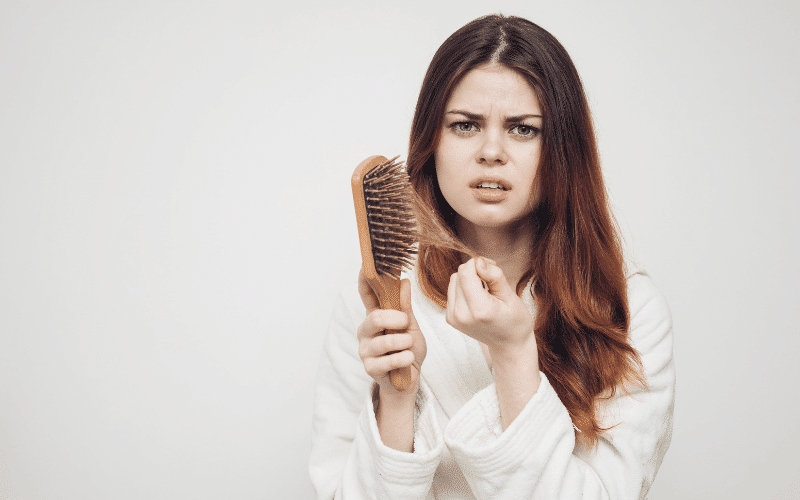Symptom 7: Hair Loss – The Silent Stressor

Hair loss, or alopecia, is a common and often distressing symptom of lupus. This condition can manifest in various ways: some people may experience a gradual thinning of their hair, while others may lose clumps, leading to bald patches. In some cases, hair loss might be a side effect of the medications used to treat lupus.
Although hair loss in lupus isn’t life-threatening, it can have significant psychological implications. The distress of losing hair can contribute to feelings of low self-esteem, depression, and anxiety, further complicating the challenges of living with lupus.
There are ways to manage lupus-related hair loss, though. Topical minoxidil is frequently recommended to stimulate hair growth, and corticosteroids may also be useful in some cases. Furthermore, practicing good hair care, such as avoiding harsh hair products and minimizing heat styling, can prevent additional hair damage.
It’s vital to remember that hair loss in lupus is usually reversible, and hair often grows back once the disease is under control or the offending medication is stopped. (7)